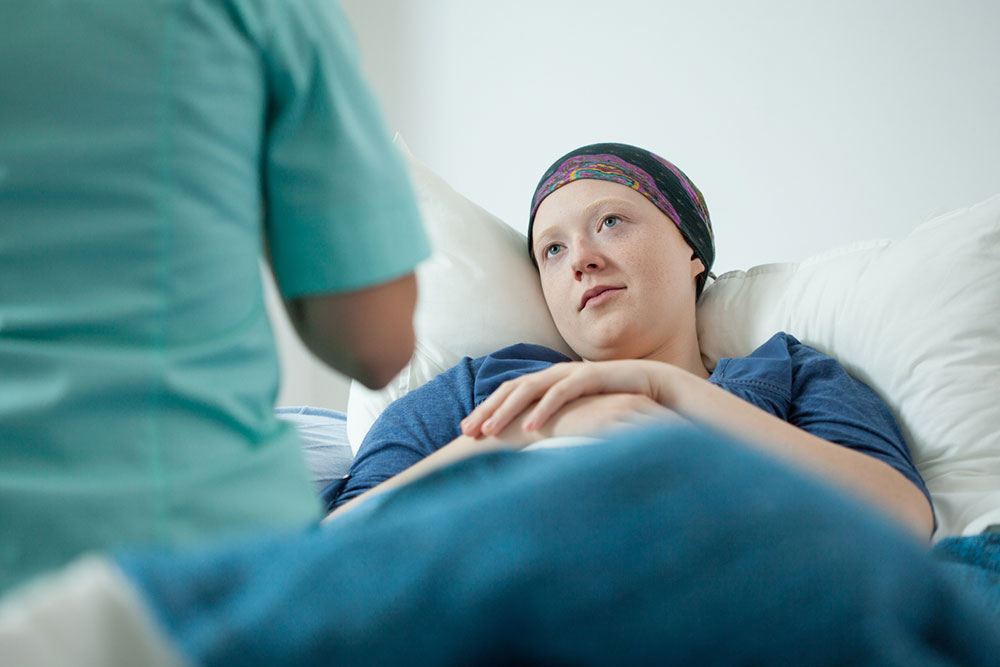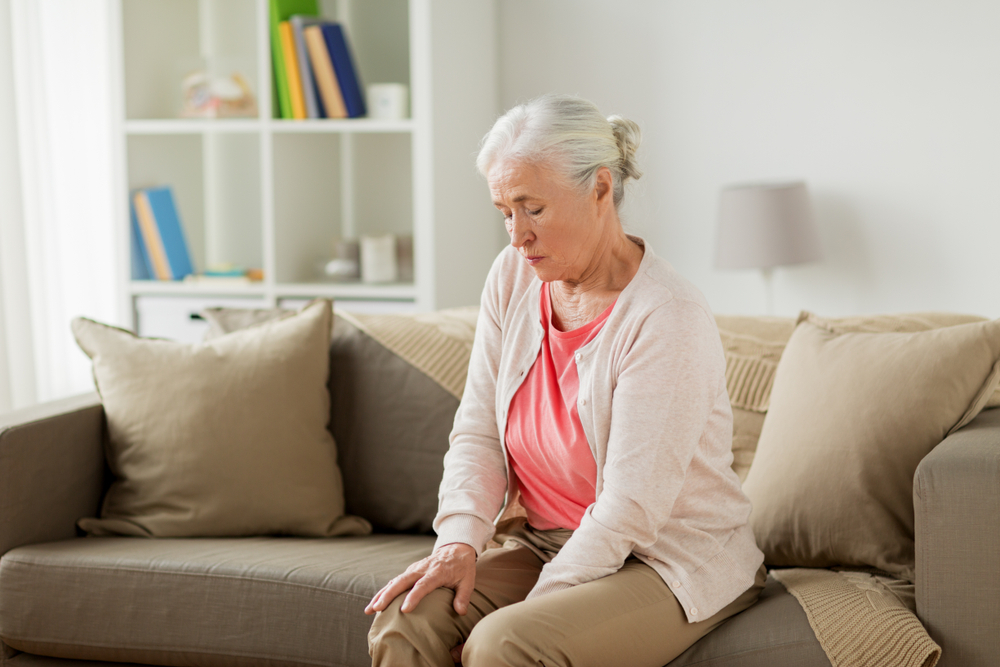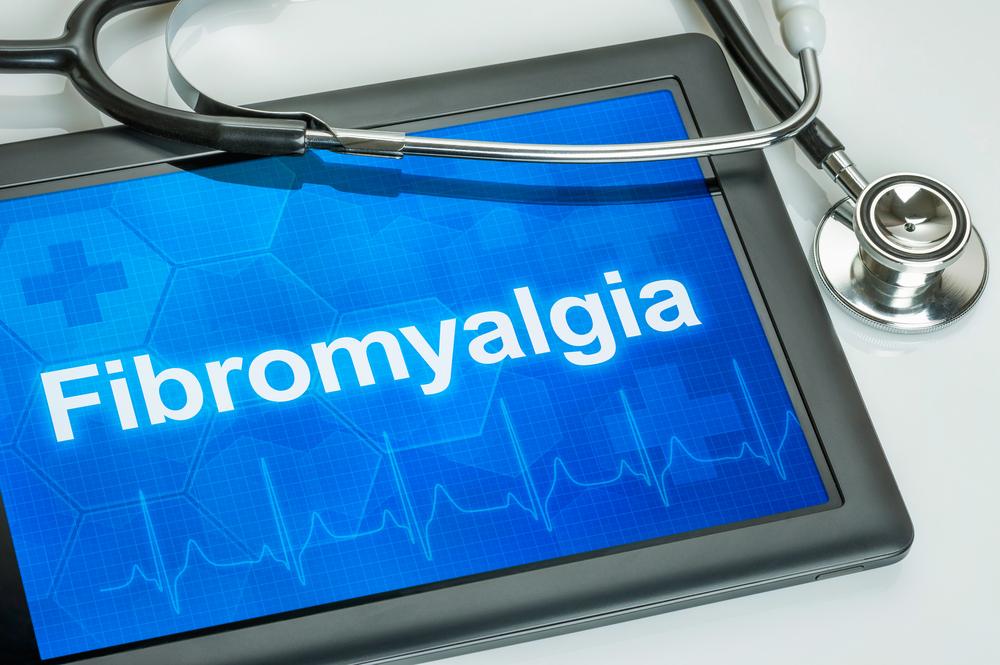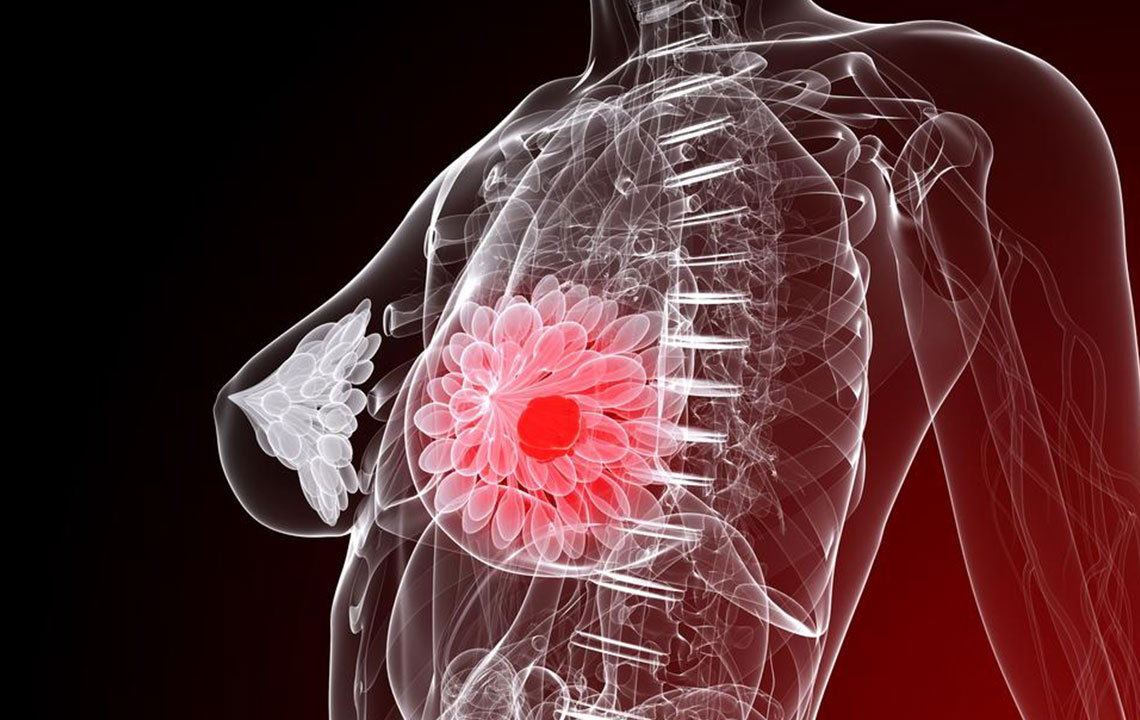Four Natural Complementary Methods for Breast Cancer Support
Explore four supportive natural therapies for breast cancer patients, including acupuncture, Tai Chi, massage, and biofeedback. These methods can improve quality of life and alleviate treatment-related symptoms when used alongside conventional treatments, offering a holistic approach to cancer care.
Sponsored

Four Natural Support Strategies for Breast Cancer Patients
Breast cancer affects roughly 1 in 8 women nationwide, equating to about 12% of the female population. As of early 2019, over 3.1 million women worldwide have a history of breast cancer, including those currently undergoing treatment and those who have completed it. Early detection offers the best chance for a full cure. Once the disease spreads, treatments mostly aim to manage symptoms rather than eradicate the cancer itself. Standard therapies like radiation and chemotherapy can cause significant side effects.
Many patients seek complementary natural approaches to enhance their overall wellbeing and stay resilient during treatment. Here are some alternative therapies that may alleviate symptoms associated with breast cancer.
Some of these therapies include:
Acupuncture
Traditionally practiced in China, acupuncture involves inserting fine needles into specific body points. According to the National Center for Complementary and Integrative Health (NCCIH), this technique may help reduce pain for breast cancer patients by stimulating nerves and brain responses. Studies also suggest it can lessen chemotherapy-induced nausea and vomiting. Always consult your healthcare provider prior to trying acupuncture.
Qigong and Tai Chi
Originating from China, these gentle movement and breathing exercises focus on balancing internal energy, improving mental clarity, and fostering relaxation. They are helpful in decreasing stress, easing discomfort, and enhancing mobility. NCCIH highlights that practicing Tai Chi can boost mood and overall quality of life during cancer treatment.
Therapeutic Massage
Massage therapy relaxes muscles and stimulates skin tissues, which can reduce stress, anxiety, fatigue, and depressive symptoms linked to cancer treatments. NCCIH recommends working with certified therapists familiar with cancer care to ensure safe and personalized therapy.
Biofeedback
Biofeedback helps patients learn to control involuntary body functions like heart rate, blood pressure, and muscle tension. Using electronic sensors, patients receive real-time feedback to monitor physiological responses. Research suggests biofeedback may assist in managing treatment side effects, but it should be carried out under professional supervision for best results.
While these natural approaches do not cure breast cancer, they serve as valuable supplementary options. When combined with medical treatments, they can enhance comfort, reduce side effects, and improve overall wellbeing.






